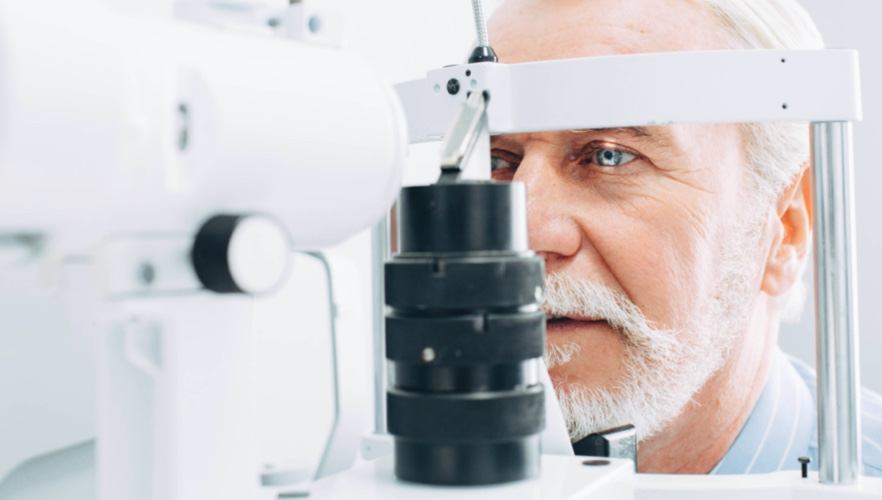Early Glaucoma detection is key to preventing blindness caused by the disease. Learn more about Glaucoma, how it progresses and the steps the eye care professionals at Wills Eye Physicians Bailey Weber Wisner take to fight it and maintain your healthy vision.
What is Glaucoma?
At its most fundamental level, Glaucoma is a disease of the optic nerve. The optic nerve connects the eyeball to the brain and allows vision to be possible. When this nerve becomes damaged, it can lead to a loss of peripheral vision and eventually cause blindness.
Are there many different types of Glaucoma?
Many different types of Glaucoma-related diseases exist; however, the vast majority of patients diagnosed in the United States have Primary Open Angle Glaucoma. When eye care professionals refer to Glaucoma in this country, they’re usually referring to Primary Open Angle Glaucoma.
What are the early signs of Glaucoma?
Glaucoma does not present with any early signs or symptoms that a person would notice, which is why it’s so dangerous. For example, Glaucoma does not cause any pain or blurry vision. By the time a patient might begin to notice a loss of peripheral vision or complete blindness, it’s already too late. That’s why a regular exam by an eye care professional remains crucial to early Glaucoma detection.
What are the leading causes of Glaucoma?
While many factors may cause Glaucoma, family history remains the most significant risk indicator. In addition to genetics, eye care professionals also pay attention to the patient’s age and race. Anyone of any race over the age of 60 faces a high-risk rate as well as African Americans over the age of 40. Glaucoma can also affect the very near-sighted, anyone who has experienced significant eye trauma, and people who have taken specific medications.
Is there a correlation between Diabetes and Glaucoma?
While patients with diabetes are at higher risk for Glaucoma, it isn’t clear exactly how the two diseases are associated. Diabetes can cause many different and serious problems within the eyes, and it is imperative that people with diabetes have a full eye exam every year.
How is Glaucoma usually diagnosed?
Eye care professionals will diagnose Glaucoma by performing a complete eye exam. In most cases, tests will be performed to measure the patient’s optic nerve dimensions, corneal thickness, anterior chamber angle shape and peripheral vision. Early Glaucoma detection can be complex, and it usually takes more than one visit to confirm a diagnosis. Due to the disease’s progressive nature, an eye care professional might track a patient over many years to see how the disease might evolve.
How would an Ophthalmologist track the progression of the disease?
The disease will not present with symptoms that a patient would notice early in the process. During a routine eye exam, an ophthalmologist might detect something that raises a red flag. For example, the physician might see an elevated eye pressure or an abnormal shape of the optic nerve. From there, more tests might be ordered to confirm the diagnosis. Once the diagnosis is confirmed, treatment would begin. Ultimately, steps would be taken to slow the progress of the disease and maintain healthy vision.
Can Glaucoma cause blindness?
If left undetected and untreated, Glaucoma will absolutely cause blindness. However, a routine exam conducted by an eye care professional can prevent that blindness. In most cases, an ophthalmologist can slow or stop the progression of the disease.
